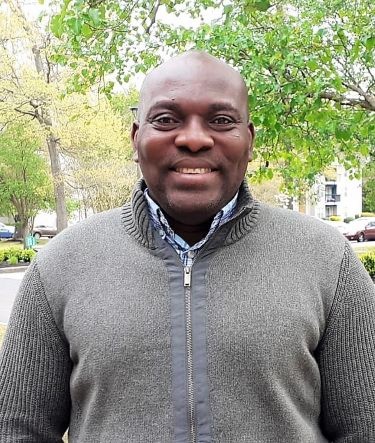
Friday, April 24, 2020
Editor’s note: The transition to teaching online prompted by the COVID-19 pandemic is a new frontier for many college faculty members. Here is another essay from the frontlines.
By Bryan Gere
I feel very fortunate in some ways because somehow I was already working on putting my classes online.
My early experiences, so far, seem to mirror the Hindu saying “providence smiles upon those who are diligent.”
I say this not because I am the hardest working individual, but because I, like many of my faculty colleagues, was thrust into a new “ready mode” by circumstances.
I was in the middle of completing the online teaching certification course facilitated by Catherine Hanssens-Passeri, UMES’ former Director of the Center for Instructional Technology & Online Learning, when the pandemic began.
As a result, I believe I was adequately prepared for the transition. I am glad the shift was gradual, and there was a lot of institutional support.
Moving to remote instruction, however, has increased the amount of work that needs to be done in terms of following up and providing support to the students, especially the undergraduate students.
Being responsive to the students and their needs in a timely manner and checking in on a regular basis is vitally important. That’s a given.
As I work with each student, I try to remind myself I assume “many hats / roles” – teacher, counselor, mentor and so on — and work with them to help them achieve the best outcomes under these uniquely trying circumstances.
Like everyone else, my family life has changed a lot, as the reality of my schedule dawns even on my children, ages 13, 10 and six. I sometimes hear their whispers in the background; “Shhhh, Daddy is having classes right now.”
My hope is the young people in my orbit — those in my virtual classroom as well as those under my roof — will emerge from these unusual circumstances with an appreciation that we can adapt, and succeed.
Dr. Bryan Gere is an assistant professor in the Department of Rehabilitation Services and this semester is teaching medical aspects, psychiatric rehabilitation, psychiatric assessment and career development.

